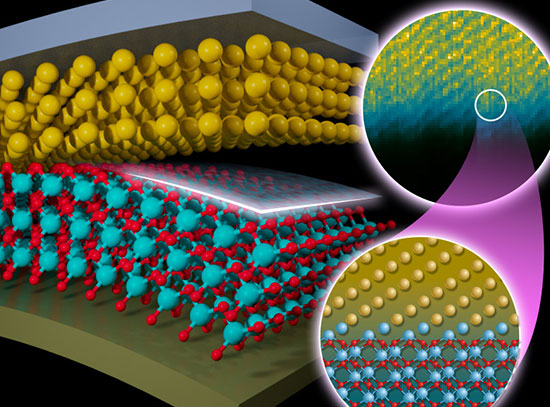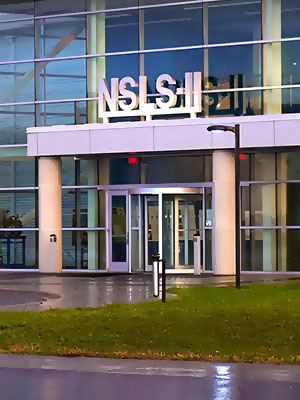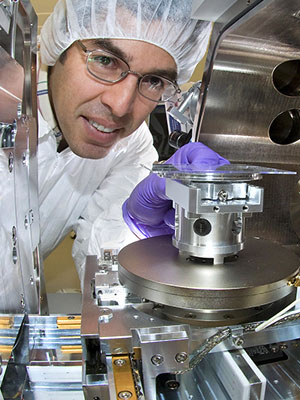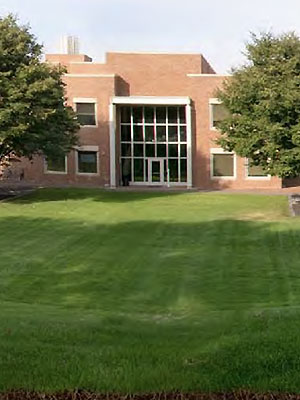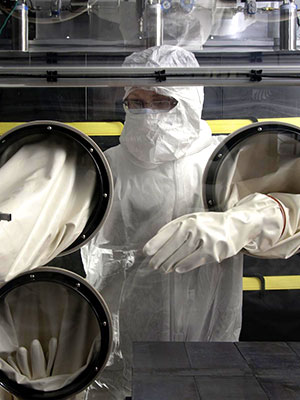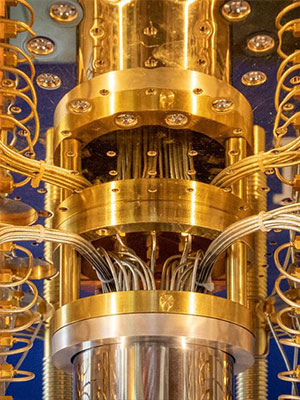
Working toward quantum advantage in computations for high-energy and nuclear physics, chemistry, materials science, condensed matter physics, and other fields.
National Quantum Information Science (QIS) Research Centers funded by the U.S. Department of Energy Office of Science are accelerating transformational advances in basic science and quantum-based technologies needed to assure continued U.S. leadership in QIS. Led by Brookhaven National Laboratory, the Co-design Center for Quantum Advantage is building the tools necessary to create scalable, distributed, and fault-tolerant quantum computer systems.

Left to right: heptagon-kagome device; IBM 27-qubit chip; photoluminescence with above-bandgap excitation in layered diamond; and interior of IBM quantum computing system. Credits: (1) Houck, Princeton; (2), (4) IBM; (3) de Leon & Lyon groups, Princeton.
Quantum advantage: when a quantum computer outperforms a classical computer
Quantum computers have the potential to solve scientific and other kinds of problems that would be practically impossible for traditional supercomputers. However, the current generation—called noisy intermediate-scale quantum—suffers from a high error rate because of noise, faults, and loss of quantum coherence. Quantum bits (qubits), the information-storing elements of quantum computers, are very delicate. Vibrations, temperature changes, electromagnetic waves, and other interactions between qubits and the environment or material defects in qubits can cause quantum decoherence. In quantum decoherence, the qubits lose their information, and the calculation cannot be completed.
Through materials, devices, and software co-design efforts, our team will understand and control material properties to extend coherence time, design devices to generate more robust qubits, optimize algorithms to target specific scientific applications, and develop error-correction solutions. To achieve these goals, we will leverage materials characterization facilities at Brookhaven’s Center for Functional Nanomaterials (CFN) and National Synchrotron Light Source II (NSLS-II), device design and fabrication capabilities in industry and academia, and IBM’s Qiskit open-source framework for writing quantum programs and its Quantum Prime prototype quantum computer.
News
Upcoming Events
There are no events scheduled at this time.
Q-Review Newsletter
Get the newsletter of the Co-design Center for Quantum Advantage delivered to your in-box.
Follow Us on Social Media
Technical capabilities and facilities for creating scalable, distributed, and fault-tolerant quantum computer systems.
Brookhaven National Laboratory’s National Synchrotron Light Source II (NSLS-II) and Center for Functional Nanomaterials (CFN) provide materials science expertise in conjunction with a comprehensive suite of materials characterization capabilities. These capabilities include synchrotron beamlines with the world’s highest energy and spatial resolution and scanning probe microscopes and aberration-corrected transmission electron microscopes with high nanoscale resolution.
Pacific Northwest National Laboratory’s Environmental Molecular Science Laboratory (EMSL) is equipped with state-of-the-art imaging capabilities, and its Shallow Underground Laboratory offers a unique low-background facility for environmental testing and production of materials and devices.
IBM Quantum Prime provides quantum computing prototyping, integration, testing and benchmarking tools.
C2QA Impact by the Numbers

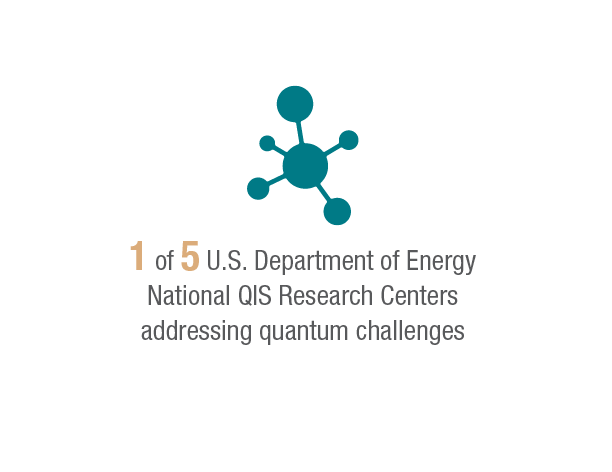

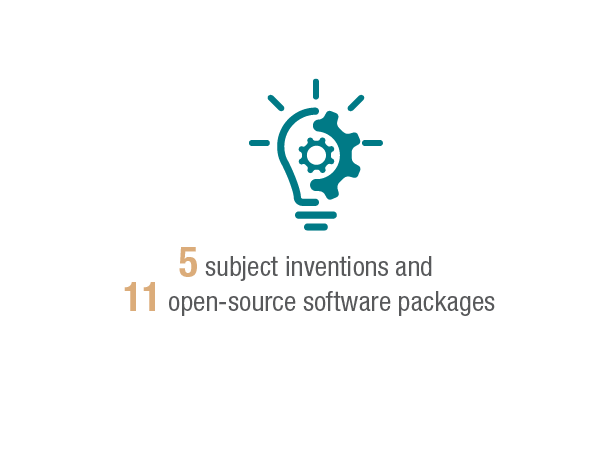
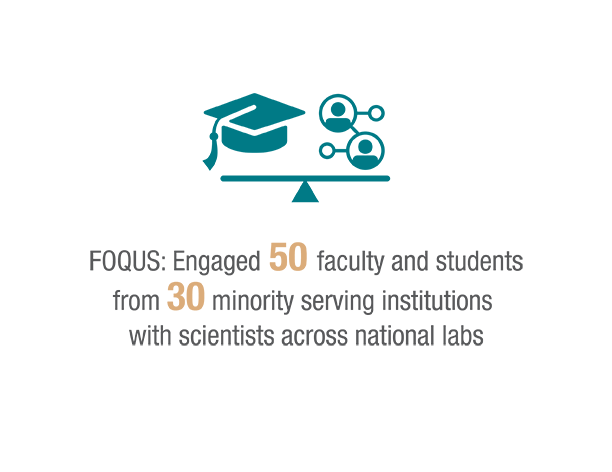
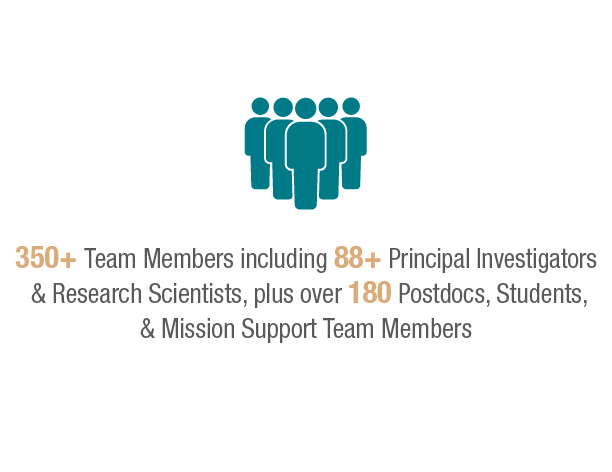
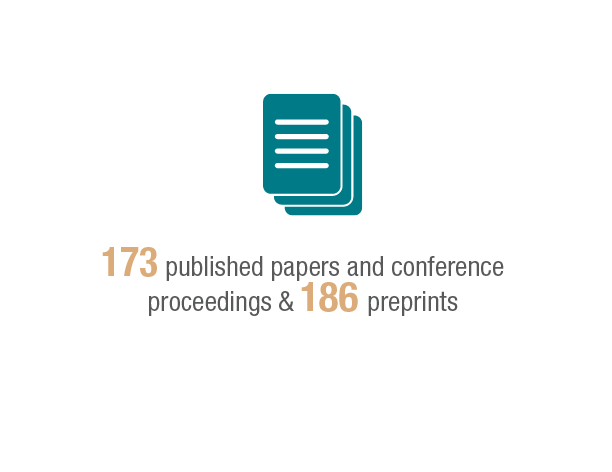
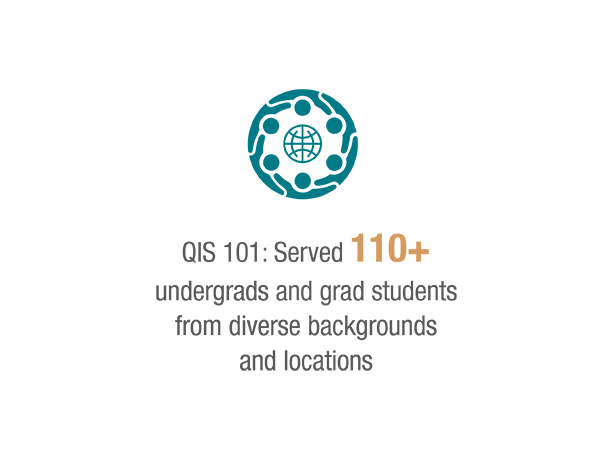
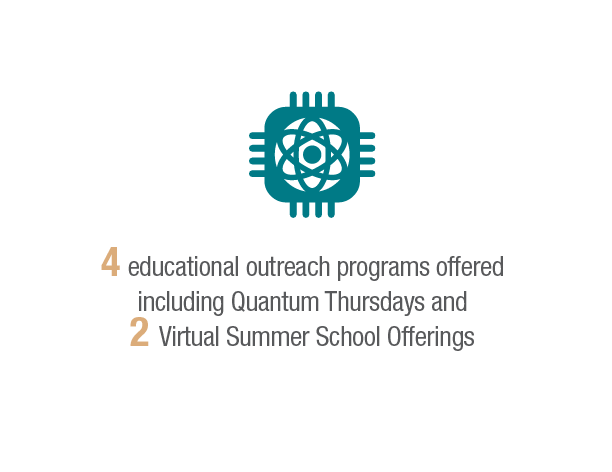
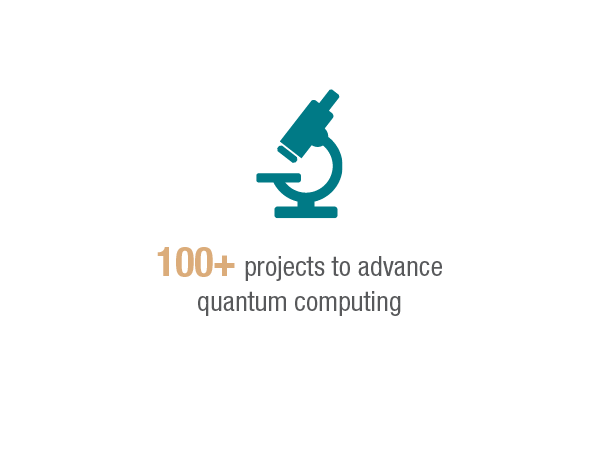
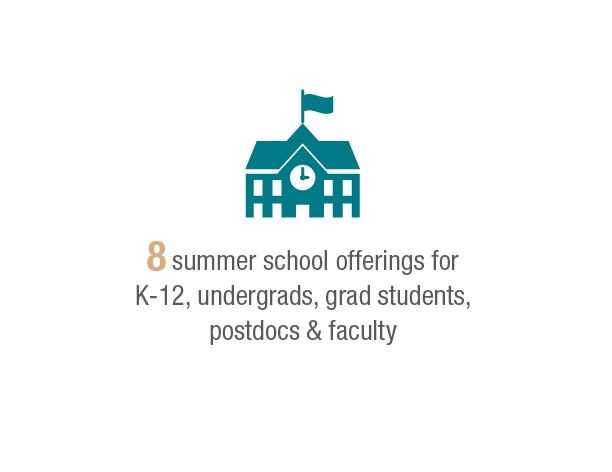
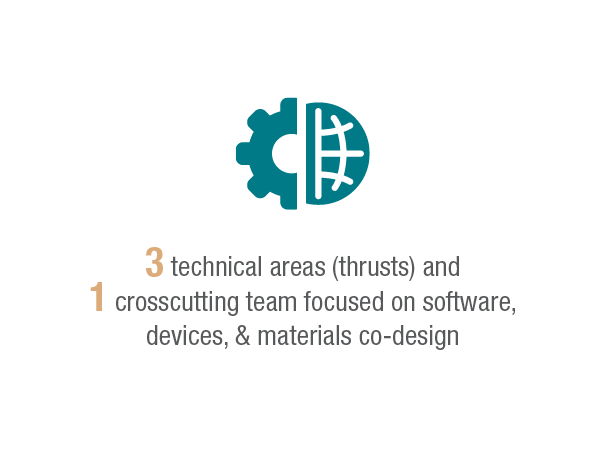
The Co-design Center for Quantum Advantage Team
Ames Laboratory
Caltech
City College of New York
Columbia University
Harvard University
Howard University
Jefferson Lab
Johns Hopkins University
Montana State University
NASA Ames Research Center
Northwestern University
SUNY Polytechnic Institute
University of California-Santa Barbara
University of Illinois Chicago
University of Massachusetts-Amherst
University of Pittsburgh
University of Washington
Virginia Tech




